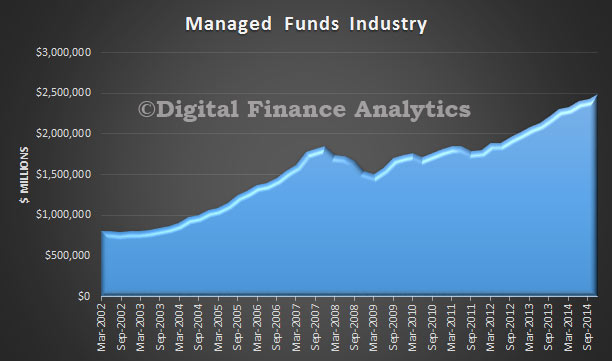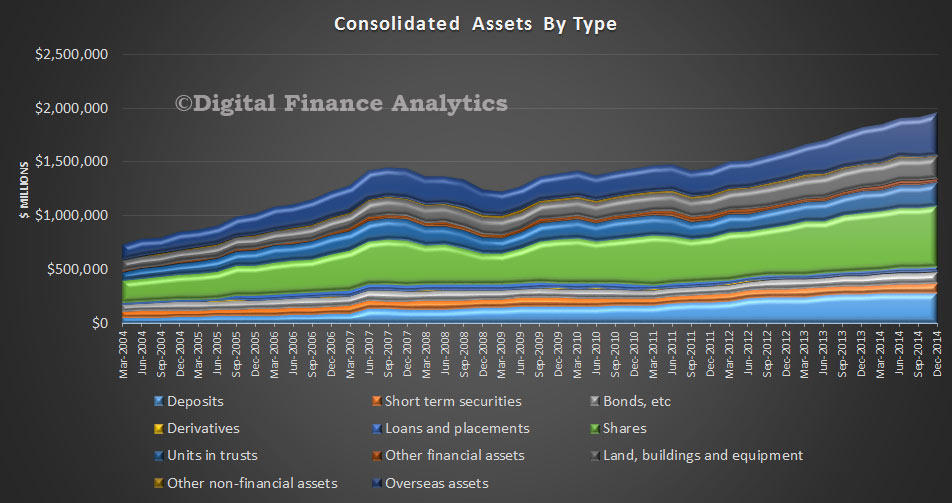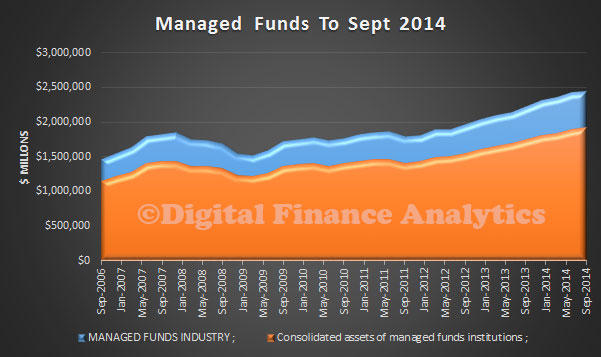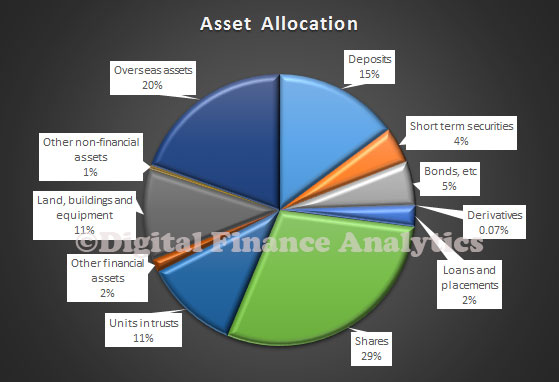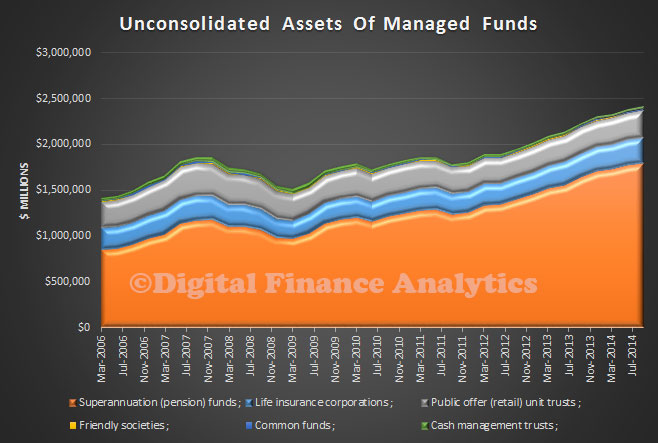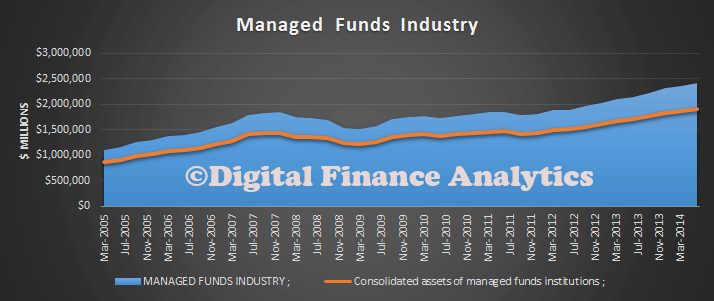ASIC says Commonwealth Bank of Australia (CBA) will refund approximately $80 million to around 216,000 Wealth Package customers as compensation for failing to apply fee waivers, interest concessions and other benefits since 2008. The refund payments include an additional amount of interest to recognise the time elapsed since the relevant benefit was not applied. CBA reported this matter to ASIC under its breach reporting obligations in the Corporations Act.
For an annual fee, the Wealth Package (for some customers described as ‘Mortgage Advantage Package’) offered benefits such as interest rate discounts and fee waivers in relation to a range of products including home loans, credit cards, transaction accounts, personal loans, overdrafts and insurance.
CBA relied on staff to manually apply many of the discounts available under the Wealth Package. Investigations revealed that an exception reports, which was designed to detect when the discounts were not properly applied, was not working properly.
CBA discovered the breach following a customer complaint and reported it to ASIC in 2014. CBA committed to fully investigate the cause of the breach and the impact on all eligible Wealth Package holders. CBA also engaged Ernst & Young, an independent firm, to review and provide recommendations to improve controls, ensure its remediation process would identify all those affected, and ensure an accurate calculation of refunds.
ASIC Deputy Chairman Peter Kell said, ‘This was a significant breach, and shows how important it is for licensees to have robust systems in place to ensure financial products deliver the benefits that consumers have paid for.’
‘Manual processes to apply discounts, waivers and other concessions involve inherent compliance risks. Licensees should carefully consider whether those risks are being appropriately managed, or are capable of being appropriately managed’ Mr Kell said.
CBA has simplified the Wealth Package by reducing the number of options and products on offer. These changes have not removed benefits that existing package holders were entitled to receive for existing eligible products.



